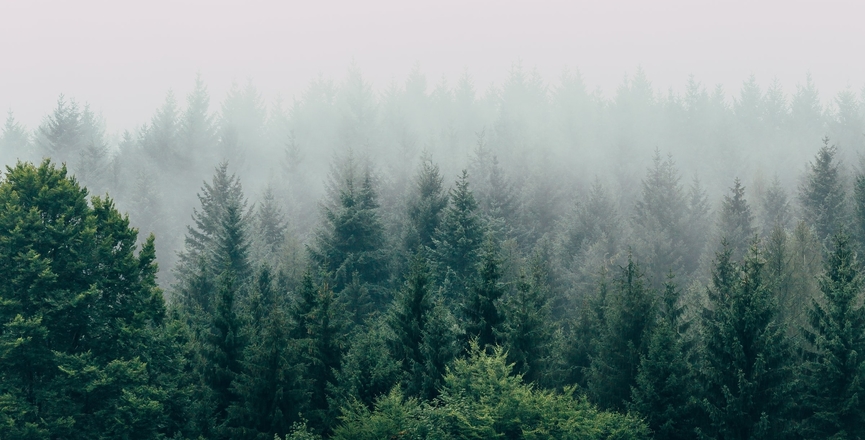For many, the pandemic has renewed our innate appreciation for and connection to nature. People have taken to growing food on windowsills and in backyards and community gardens. We’re cultivating yeasts to bake bread and getting outside more to walk, run, swim and cycle.
In the face of uncertainty, nature brings solace and sustenance. Research shows time spent in forests — and even just looking at trees or photos of them — boosts immune systems, lowers blood pressure, reduces stress, improves mood and ability to focus, and increases energy levels and sleep quality.
As we consider the natural world, we must remember that how we talk about it matters. Steven Nitah, former elected chief of Lutsel K’e Dene First Nation and former member of the Northwest Territories legislative assembly, says shifting our language can help shift our understanding. “We need to redo land use plans. We need to rebuild those plans as land-relationship plans,” he says, urging us to reimagine and reorient our relationship with nature — to manage for abundance based on reciprocity and to recognize our responsibilities to the land, water and air.
As a society, we continue to exceed biological limits, which increases our species’ collective exposure to risk. With climate disruption, our refusal to contain carbon emissions has put our well-being and survival at risk.
In his essay “The Year America Melted Down,” Omar El Akkad observes, “Mask-wearing has become politicized, just as school shootings became politicized, just as climate change became politicized, just as any instance of communal survival at the expense of personal profit inevitably becomes politicized.”
Things that shouldn’t be politicized are, but El Akkad argues battle lines continue to be drawn around issues that pit individual rights against responsibilities to uphold the common good. Individual rights only matter in the commons, though, and so must include responsibility.
In times of compounded crises — a pandemic, racism, rising inequity and escalating climate risk — we can no longer afford to listen to advocates of narrow self-interest or those who falsely claim that favouring the wealthy and powerful will send benefits trickling down to the rest. In Canada, the most affluent 0.5 per cent of families now holds 20.5 per cent of the wealth — some $2.4 trillion — and income inequality continues to grow.
If, as El Akkad says, polarization is rising between those who champion individual rights to profit and those who believe in collective responsibility to people and planet, we must make explicit choices to work toward equity, inclusivity and a more balanced relationship with the natural world.
We have the chance to invest in and create a better future. Why wouldn’t we choose this path? What stands in our way?
To envision new ways and to act differently, we need to co-create stories of what is possible and worthwhile.
In her book Braiding Sweetgrass: Indigenous Wisdom, Scientific Knowledge and the Teachings of Plants, ethnobotanist, professor and Citizen Potawatomi Nation member Robin Wall Kimmerer encourages us to recognize the world as a gift. Humility, she says, will help us make better choices.
Stories have always helped humans make sense of the world, and Kimmerer says they’re strong tools for restoring the land and our relationship to it: “We need to unearth the old stories that live in a place and begin to create new ones, for we are storymakers, not just storytellers.” We have the power to tell different stories that help right our relationships and better enable us to work for the good of all.
Although everyone can benefit from the wisdom in Indigenous Peoples’ stories, Kimmerer cautions against wholesale appropriation. We must take inspiration from the old stories and build more balanced narratives about relationships between people, place and planet.
The choice isn’t as complex as some might have us believe. We can choose humility, care and wisdom based on knowledge gained from Indigenous Peoples, scientists and experts, and shoulder the responsibilities to each other and Earth through our actions — creating a better future for all. Or we can continue on as we have, knowing that the crises we face will worsen.
Humanity’s ability to take the first path lies in the values we choose, the stories we tell ourselves and the strength of the relationships we are willing to build with each other and Earth.
David Suzuki is a scientist, broadcaster, author and co-founder of the David Suzuki Foundation. Written with contributions from David Suzuki Foundation community renewable energy manager Sherry Yano. Learn more at davidsuzuki.org.
Image: Filip Zrnzević/Unsplash



